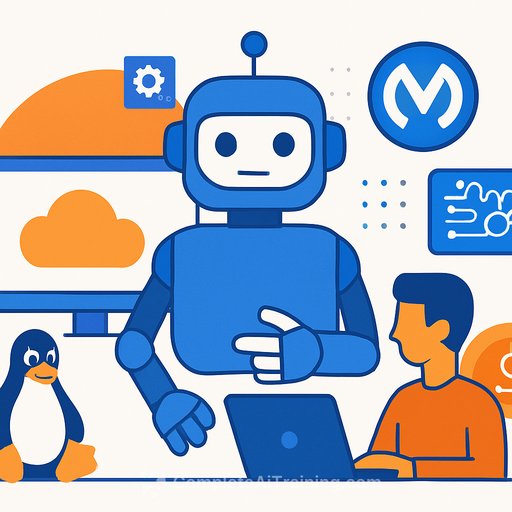Responsible AI Is a Management Imperative
At MAHE's 33rd convocation in Manipal, Bikram Singh Bedi, vice-president for Asia Pacific Strategic Initiatives at Google Cloud, made a clear point: AI is changing every industry, and the challenge isn't just technical. It's ethical, managerial, and societal. The question for leaders is no longer "Can we build it?" but "Should we?"
He urged graduates to build and use technology responsibly. That call belongs on every executive agenda. Your decisions set the tone for how AI affects teams, customers, and the wider community.
What This Means for Managers
Responsible AI is a leadership problem first. Policy, incentives, and culture determine whether AI creates value without creating avoidable risk.
- Ask the second-order question: "Should we build or use this?" Make it a gating criterion in your approval process.
- Set clear guardrails: data governance, privacy, security, auditability, and fairness. Consider frameworks like the NIST AI Risk Management Framework.
- Tie AI work to outcomes. Define a small set of KPIs (cost, cycle time, error rate, customer satisfaction) and review them monthly.
- Create cross-functional squads. Pair product, legal, security, compliance, and frontline operators on each AI initiative.
- Start small, learn fast. Pilot with tight scopes, run post-mortems, and scale only when benefits and risks are proven.
- Upskill continuously. Set quarterly learning goals for managers and teams; reward applied learning, not just course completion.
- Adopt transparent communication. Tell employees where AI is used, how decisions are made, and how to challenge outcomes.
- Document decisions. Keep a simple decision log: context, options, risks, mitigations, and owner. It prevents drift and helps audits.
Reinvention as a Career Skill
Reflecting on three decades across technology, start-ups, and leadership, the speaker noted that a career is filled with challenges and chances to reinvent. In periods of constant change, your advantage is the ability to learn, unlearn, and reset how you operate.
For managers, this means rotating responsibilities, building range across functions, and treating learning as part of the job. Your team will follow what you do, not what you say.
Event Highlights
MAHE's second day of convocation featured addresses from institutional leaders, including Vice-Chancellor Lt. Gen. (Dr.) M.D. Venkatesh. Pro Chancellor H.S. Ballal and trustee Vasanti R Pai participated in the ceremony.
A total of 1,651 students received degrees, including 48 PhDs. Three students were awarded the Dr. TMA Pai Gold Medal.
Resources to Ground Your AI Program
- NIST AI Risk Management Framework - practical guidance on managing AI risks end to end.
- OECD AI Principles - widely adopted principles for trustworthy AI.
If you're building a development plan for managers and teams, explore role-specific learning paths at Complete AI Training.
Bottom Line for Leaders
The edge isn't the model you pick; it's the decisions you make around it. Ask "Should we?" Build guardrails. Measure outcomes. Reinvent yourself and your org on purpose.
Your membership also unlocks:






